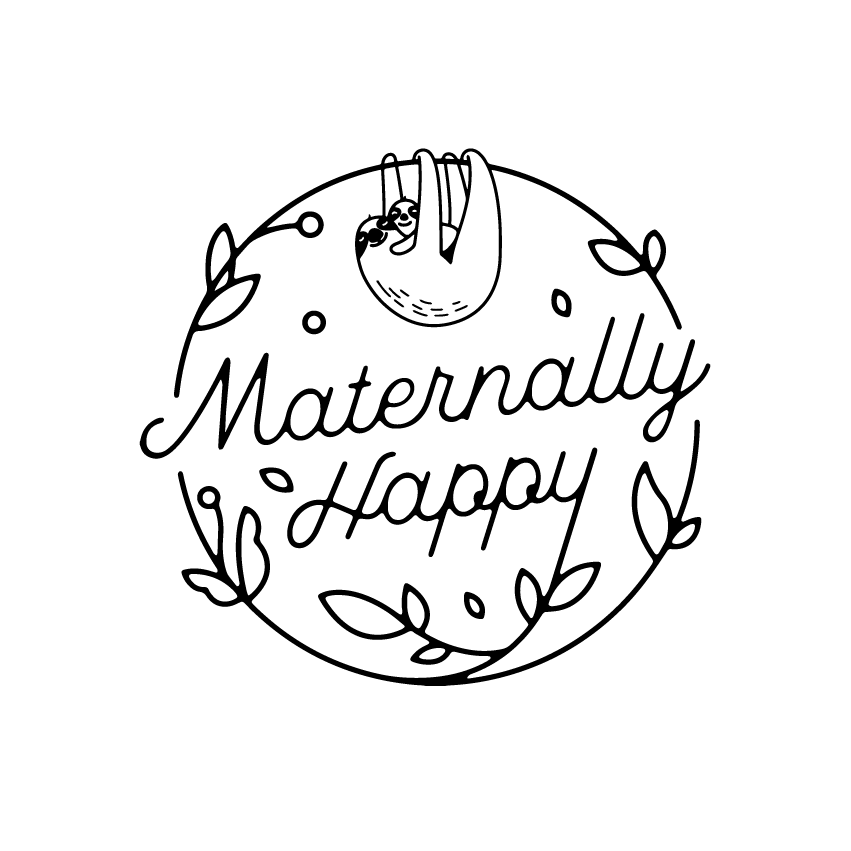Irregular menstrual cycles are becoming increasingly common. Understanding the symptoms that are associated with an irregular cycle will help in identifying the root cause.
-
Irregular Cycle Length: Although obvious, needs to be mentioned. An inconsistent length between periods.
-
Missed Period: One of the most evident signs of irregular periods is an absence of menstruation for over 35 days, commonly known as a missed period.
-
Heavier or Lighter Menstrual Bleeding: Any clot greater than the size of a 20 cent piece typically needs investigating. The colour of your blood also matters as demonstrated by the principle of Qi in Chinese medicine. We want our bleed to be bright red just like fresh blood.
-
Menstrual Cramps: Experiencing painful periods is often associated with irregular menstrual cycles.
-
Vaginal Dryness, Hot Flashes & PMS: These are symptoms often linked with ovarian insufficiency or early ovarian failure.
Understanding these symptoms is key to taking proactive measures. As we explore further, we will delve into the causes and address the question: "Are irregular periods normal?" But remember, every woman's body is unique. What might be regular for one woman, might be irregular for another.
Conditions & Lifestyle Factors Associated With Irregular Menstruation
While occasional periods (pardon the PUN) of menstrual irregularity can occur, persistent irregular cycles may indicate underlying conditions and lifestyle factors. Below we will touch on each point briefly:
-
Polycystic Ovary Syndrome (PCOS): One of the most common causes of irregular periods. PCOS is a hormonal imbalance where the ovaries typically produce an excess of androgens, leading to missed or infrequent menstruation.
-
Thyroid Disorders: Both hypothyroidism (an under-active thyroid) and hyperthyroidism (an overactive thyroid) can interfere with the menstrual cycle, leading to irregular cycles. Thyroid conditions and PCOS can often go hand in hand.
-
Primary Ovarian Insufficiency: POI, also referred to as premature ovarian failure, occurs when the ovaries stop functioning effectively before the age of 40. This can result in irregular or missed periods.
-
Endometriosis: A painful condition where tissue, similar to the uterine lining grows outside the uterus, potentially leading to irregular periods, heavy bleeding, and severe pain.
-
Uterine Fibroids: Benign growths in or on the uterus can lead to heavier or prolonged menstrual bleeding and pain.
-
Extreme Weight Changes: Drastic changes in weight can disrupt the regular cycle due to hormonal changes.
-
Medication & Oral Contraception: While often prescribed to regulate periods, some oral contraception can lead to irregular periods or spotting. Other medications such as antidepressants and antipsychotics can influence the menstrual cycle.
-
Hyperprolactinemia: This is when the body produces excessive amounts of prolactin, a hormone responsible for breast milk production. Outside of pregnancy and breastfeeding, increased levels can lead to menstrual irregularities.
-
Chronic Diseases: Certain chronic conditions like diabetes or celiac disease can influence menstrual regularity.
- Breastfeeding: This delays the return of regular periods. This is because the body produces high levels of prolactin during BF, suppressing ovulation and leading to irregular/absent menstrual cycles.
- Lifestyle Factors: Several lifestyle factors can play a role in menstrual irregularity. As mentioned above, extreme weight loss or excessive exercise, for instance, can disrupt the menstrual cycle. Stress can also play a significant impact on hormonal balance, potentially leading to irregular or missed periods.
It's worth noting that while some irregularities are common, consistent or severe symptoms should be followed up by your functional health professional.
How to Manage Irregular Periods?
Getting to the bottom of irregular periods can be frustrating and overwhelming. With a combination of medical interventions, natural remedies, and lifestyle adjustments, you can navigate and potentially regulate these irregularities. Here's how:
-
Consulting A Functional Health Practitioner: Always start with a visit to a healthcare provider. Through pelvic exams, comprehensive blood tests, and evaluating your medical history, a clear picture of your menstrual health can emerge.
-
Medication/Hormonal Therapy: If hormonal imbalances are the root cause of irregular menstruation, hormone therapy or oral contraception might be recommended. This treatment can help 'balance' hormone levels and normalise the menstrual cycle. Although this isn't our preferred method of management as it is a 'band-aid' fix until you come off medication, it can be helpful for a number of women with irregular cycles not wanting to conceive in the near future.
-
Lifestyle Changes: Stress, extreme weight changes, and excessive physical activity can be the cause of irregular cycles. By managing stress and maintaining a healthy weight you can promote a more regular cycle.
-
Nutritional Changes: Certain nutrients play a pivotal role in menstrual health. Including foods rich in magnesium, zinc, and vitamin D. Additionally, managing blood sugar levels through a balanced diet can address irregularities, especially for those with conditions like PCOS.
-
Natural Supplements: Myo-Inositol Improves insulin sensitivity, minimises hyperandrogenism and promotes regular menstrual cycles. NAC, magnesium, chromium, zinc, berberine and zinc can also be helpful when used in the right setting.
-
Other Therapies: Some women find relief through acupuncture, yoga, or herbal treatments. Spearmint and green tea can often be beneficial for those with PCOS.
-
Surgery: In cases of uterine fibroids and endometriosis, surgical interventions might be necessary. Procedures can range from the removal of fibroids, laporoscopies to more comprehensive surgeries.
Conclusion:
Understanding your menstrual cycle can often feel overwhelming. But with the right knowledge and support, every woman can feel more confident navigating this. Irregular periods might be confusing and frustrating, but they're not impossible to deal with. Whether it's using natural supplements like Myo-Inositol or getting help from a functional health practitioner, there are solutions available.




